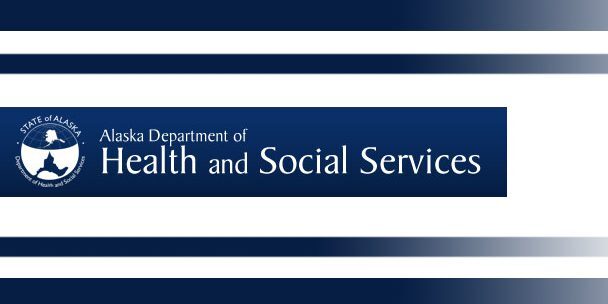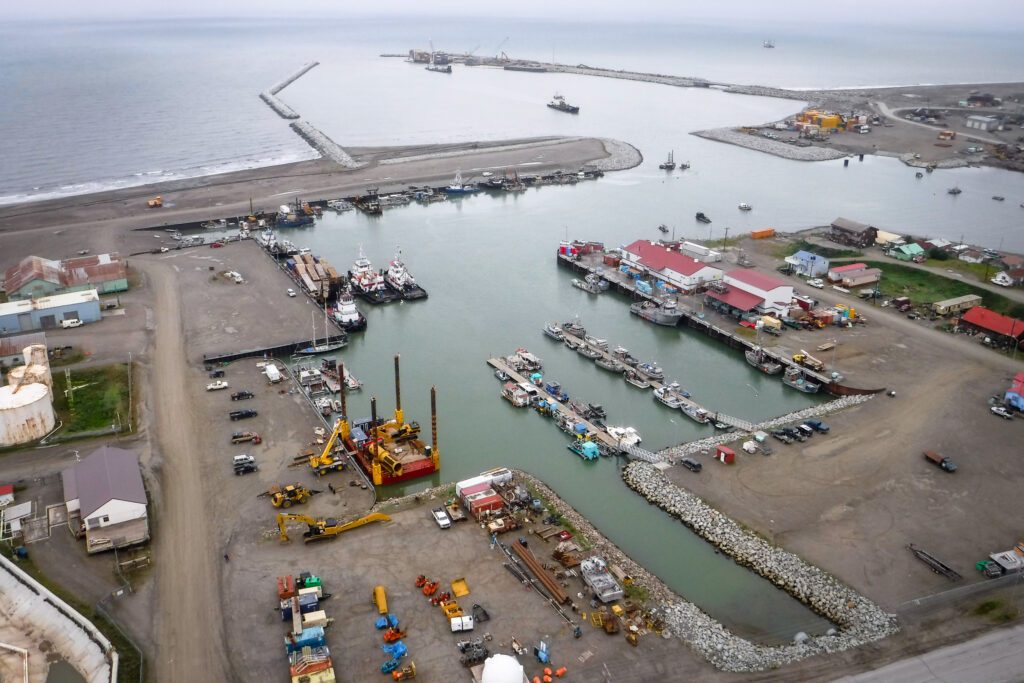Health care accessibility for rural Alaskans with disabilities is the topic of a focus group tonight in Nome.
Amanda Cooper is the Alaska Health and Disability Program Manager and is leading the sessions, focusing on quality of life.
She said, “Adults Alaskans with disabilities experience disparities in nearly every core health area. For example,” Cooper explains, “Alaskans with disabilities have a higher prevalence rate of obesity, a higher rate of tobacco use, a higher rate of inactivity, and a higher rate of diabetes.”
Cooper said Alaskans with disabilities feel health care services are limited to them, and they also show a lack of preventative screenings like pap smears and mammograms.
But this information comes from data collected in urban areas—Anchorage and the Mat-Su Valley. The Alaska Health and Disability Program is seeking a more state-wide perspective to close the gaps in health disparities for individuals with disabilities.
Now they are coming to rural places like Nome to hold on-the-ground surveys.
“What we’re really hoping to gain,” Cooper said, “is first-hand knowledge from people with disabilities and their family members on health care accessibility in rural Alaska and what are the challenges and what are the barriers that they face receiving health care in rural Alaska or in any part of Alaska.”
The group held a session in Kotzebue earlier this week and are planning other meetings in Healy and Petersburg.
Tonight in Nome the focus group is gathering in the City Hall Council Chambers from 4:00 to 5:30 for individuals with disabilities and from 6:00 to 7:30 for family members.







